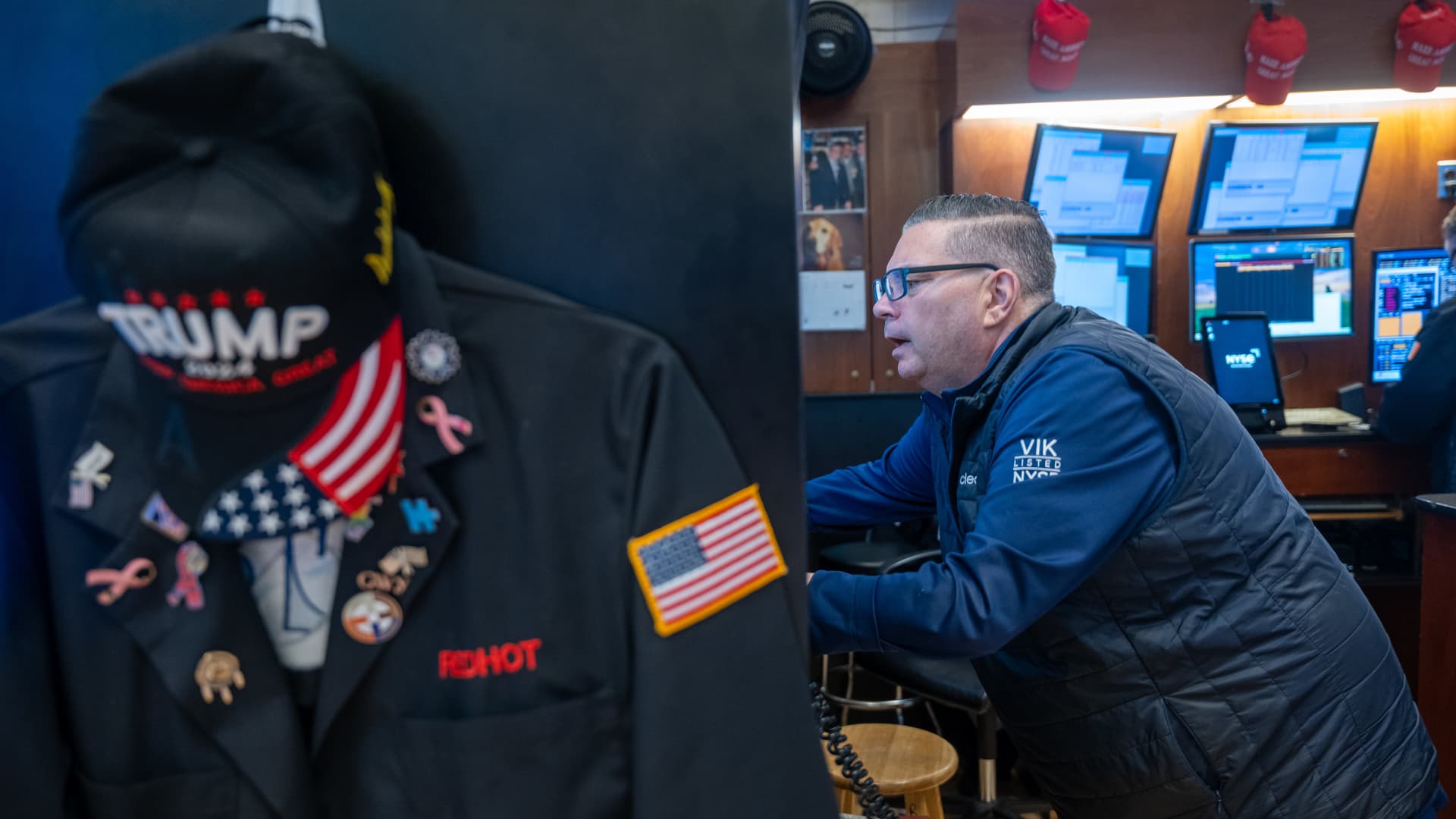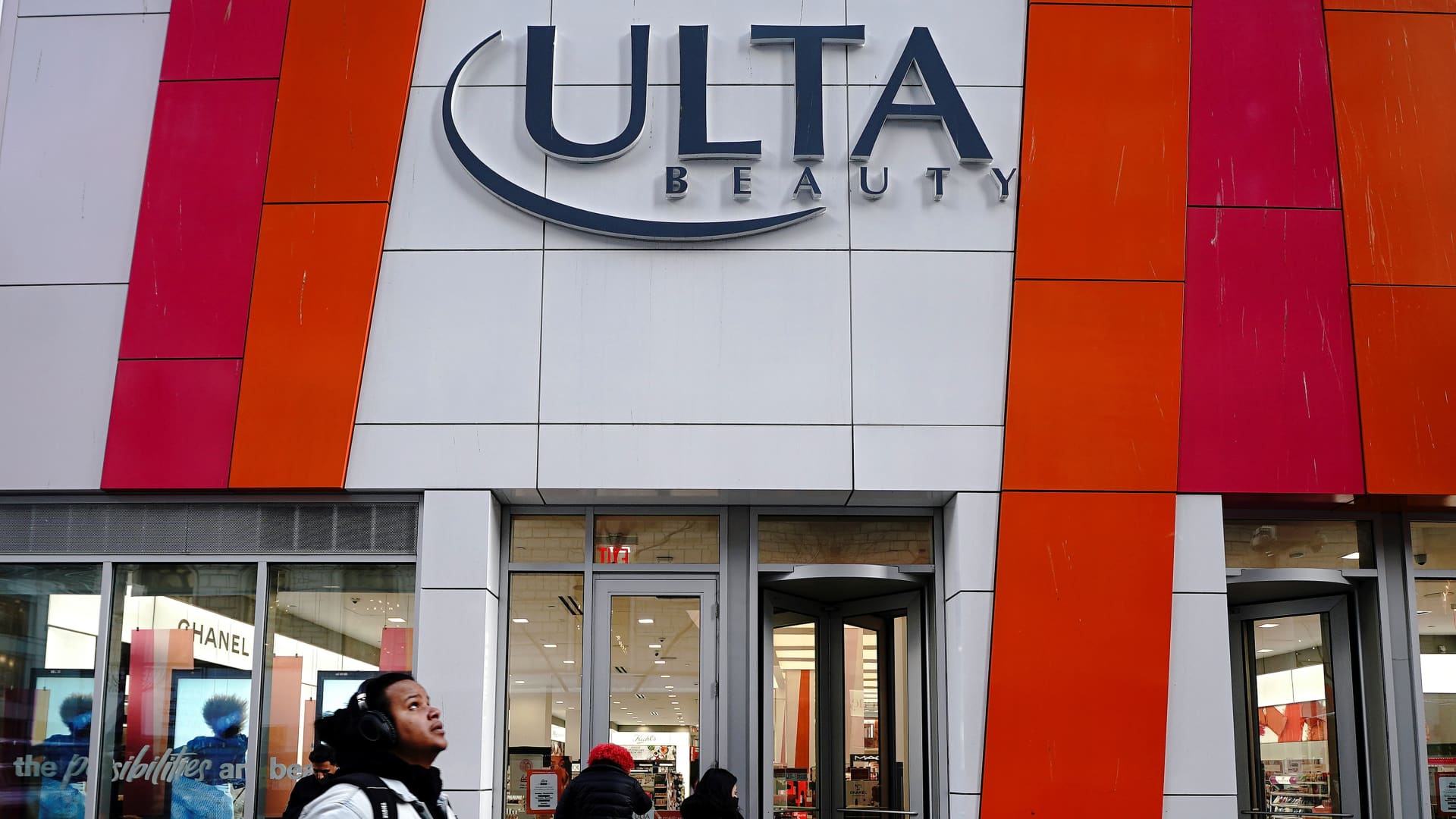BEIJING — U.S.-China trade talks “are a bit stalled,” requiring the two countries’ leaders to speak directly, Treasury Secretary Scott Bessent told Fox News in an interview Thursday local time.
“I believe that we will be having more talks with them in the next few weeks,” he said, adding that there may be a call between the two countries’ leaders “at some point.”
After a rapid escalation in trade tensions last month, Bessent helped the world’s two largest economies reach a breakthrough agreement in Switzerland on May 12. The countries agreed to roll back recent tariff increases of more than 100% for 90 days, or until mid-August. Diplomatic officials from both sides had a call late last week.
Still, the U.S. has pushed ahead with tech restrictions on Beijing, drawing its ire, while China has yet to significantly ease restrictions on rare earths, contrary to Washington’s expectations.
“I think that given the magnitude of the talks, given the complexity, that this is going to require both leaders to weigh in with each other,” Bessent said. “They have a very good relationship and I am confident that the Chinese will come to the table when President [Donald] Trump makes his [preferences] known.”
Trump and China’s President Xi Jinping last spoke in January, just before the U.S. president was sworn in for his second term. While Trump has in recent weeks said he would like to speak with Xi, analysts expect China to agree to that only if there’s certainty there will be no surprises from the U.S. during the call.
China has maintained communication with the U.S. since the agreement in Switzerland, Chinese Ministry of Commerce Spokesperson He Yongqian told reporters at a regular briefing Thursday.
But regarding chip export controls, she said that “China again urges the U.S. to immediately correct its wrong practices … and together safeguard the consensus reached at high-level talks in Geneva.”
That’s according to a CNBC translation of her Mandarin-language remarks.
When asked whether China would suspend rare earths’ export controls announced in early April, He did not respond directly. Restrictions on items that could be used for both military and civilian use reflect international practice, as well as China’s position of “upholding world peace and regional stability,” she said.
This week, the Trump administration also announced it would start revoking visas for Chinese students.
“The U.S. decision to revoke Chinese student visas is fully unjustified,” China’s Foreign Ministry Spokesperson Mao Ning said Thursday, according to an official English transcript. “It uses ideology and national security as pretext.”

 Accounting1 week ago
Accounting1 week ago
 Economics1 week ago
Economics1 week ago
 Personal Finance1 week ago
Personal Finance1 week ago
 Accounting1 week ago
Accounting1 week ago
 Finance1 week ago
Finance1 week ago
 Economics1 week ago
Economics1 week ago
 Economics1 week ago
Economics1 week ago
 Economics1 week ago
Economics1 week ago










